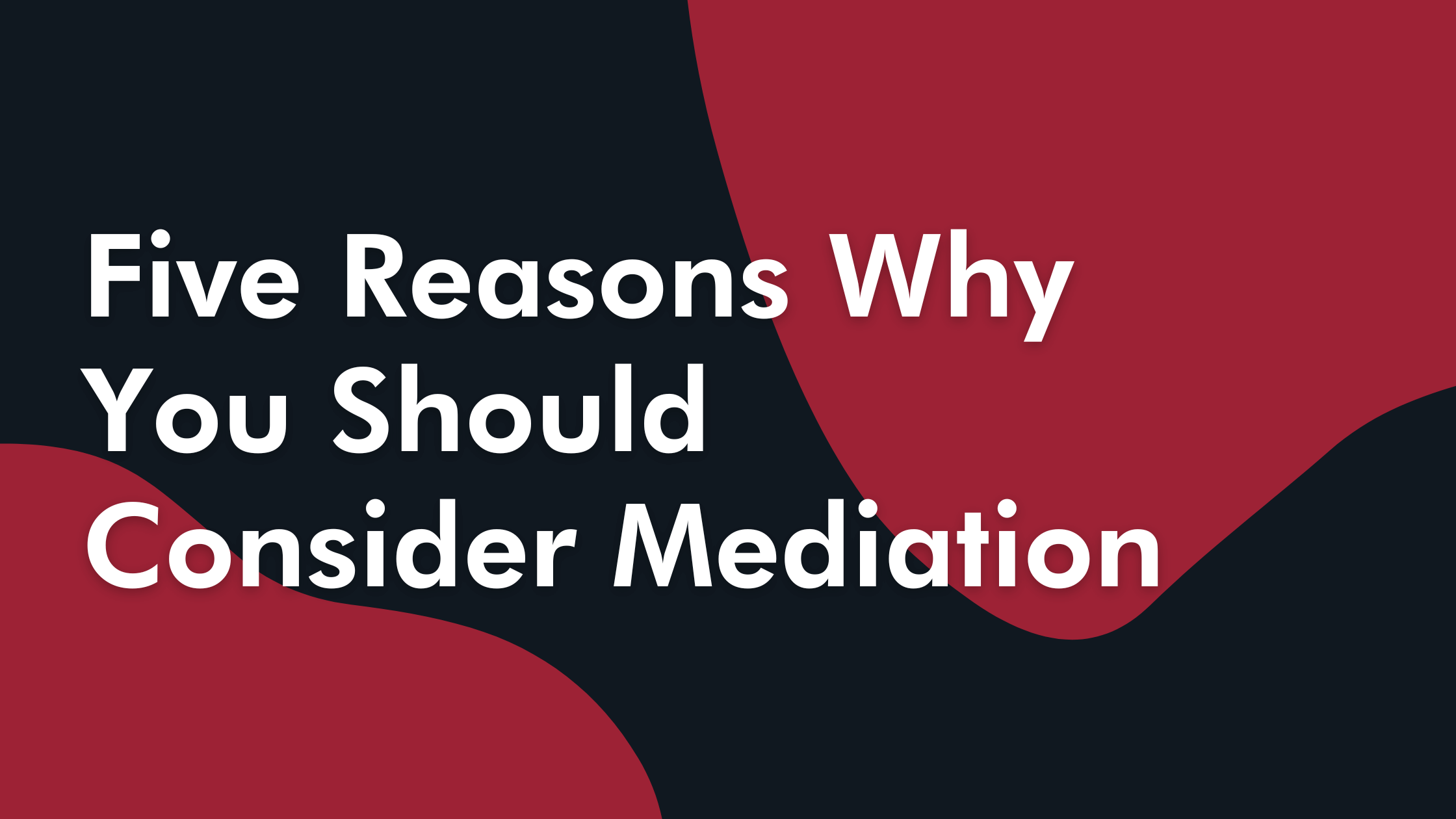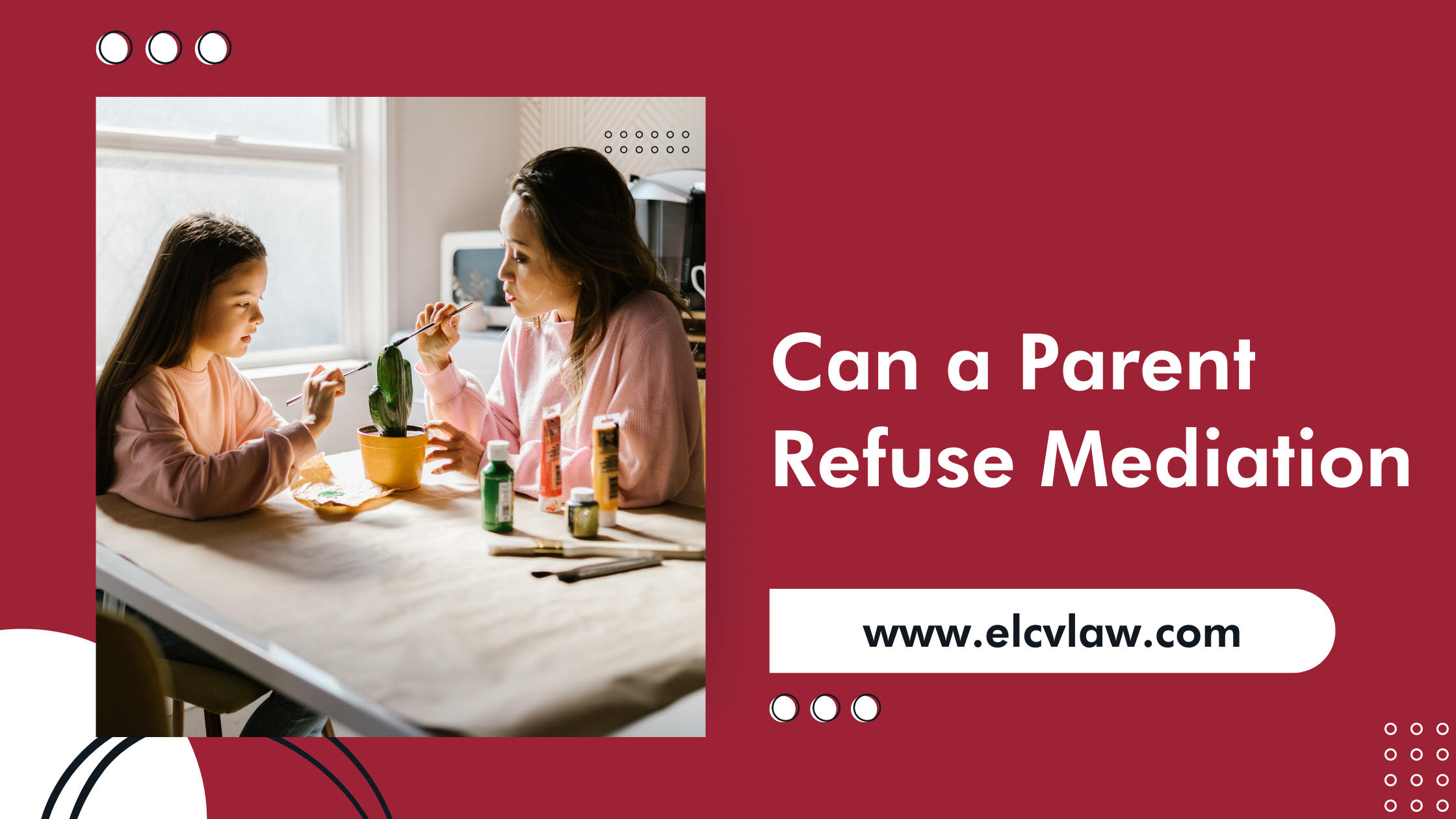What is Mediation?
What is Mediation?

Divorce is a significant and traumatic process that is difficult for everyone involved. There are several standard processes you can go through to get a divorce. These processes include spending lots of time and money hiring lawyers, fighting out all the details in court, sitting at a stalemate using a do-it-yourself online divorce, or deciding agreed-upon terms through divorce mediation.
Mediation is generally considered the better alternative for an amicable divorce. However, every situation is different, so deciding what process best fits your needs is essential. A successful mediation also depends on the divorce attorney’s ability to navigate the process successfully.
What is Divorce Mediation?


What Is Needed For A Successful Mediation?
What Should You Expect From Divorce Mediation?
Where to Find A Family Law Attorney Near Tucson, Arizona
Feeling stressed, overwhelmed, and uncertain about what will come from your divorce is normal. However, professional mediation can make the process easier and more amicable for you, your ex-spouse, and your children. In addition, mediation removes unnecessary stress and fighting by allowing both parties to form their agreements privately.
Attorney Erika L. Cossitt Volpiano is an expert in Family Law and one of the best family law attorneys in Tucson, Arizona. Her experience has allowed her to perfect the art of helping others communicate clearly and come to agreeable terms. Contact us today if you are looking for a family law mediation attorney in Arizona or are interested in learning more about mediation.
Take control of your future. Visit our website elcvlaw.com, or call us at 520-795-2235 to set an appointment today.
Disclaimer: The content in this article is for informational purposes only and should not take the place of actual legal advice. Not all circumstances are the same, and we suggest you seek legal counsel if you need assistance in any of these areas.







